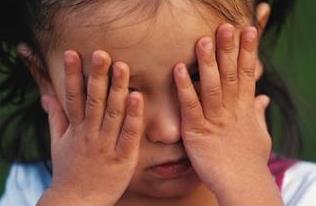A TEAM from a Northern Ireland inquiry into institutional child sex abuse is heading to Australia to talk to 57 people who were sent here under controversial UK child migration policies in the 1950s.
The Historical Institutional Abuse Inquiry is holding its third public hearing in Belfast on Wednesday.
The inquiry’s chairman, Sir Anthony Hart, will announce the mid-September departure date for the Australian visit.
In all the inquiry has received formal applications to present evidence from 355 individuals, including 57 from Australia.
“It is for this reason that it has decided to send a team to Australia to meet the large number of applicants there,” a spokesman for the inquiry said in a statement.
He said the inquiry was very conscious of the need to make the process as accessible as possible to potential witnesses, wherever they may reside.
“This will reduce the need for applicants to travel to Northern Ireland, and will help to ensure that as many potential witnesses as possible can speak in person to the inquiry.”
Most of the 57 now living in Australia were sent to Western Australia between 1947 and 1956.
In line with the inquiry’s approach the team will provide an informal environment in which applicants can talk privately about their experiences.
Under the terms of reference, the Northern Ireland inquiry, which was set up to look at historical sex abuse in state, church and private institutions in the UK has to complete its hearings and all investigative work by mid-2015.
The team from Ireland will likely be in Australia when Australia’s Royal Commission into Institutional Responses to Child Sexual Abuse starts its public hearings on September 16.
The first hearing will be held in Sydney. The commission is examining how information was shared between various organisations; how the Working With Children Check was conducted and assessed; and whether organisational factors may have influenced responses to allegations and information.
The commission has called for community input on how organisations can keep children safe. – AAP












